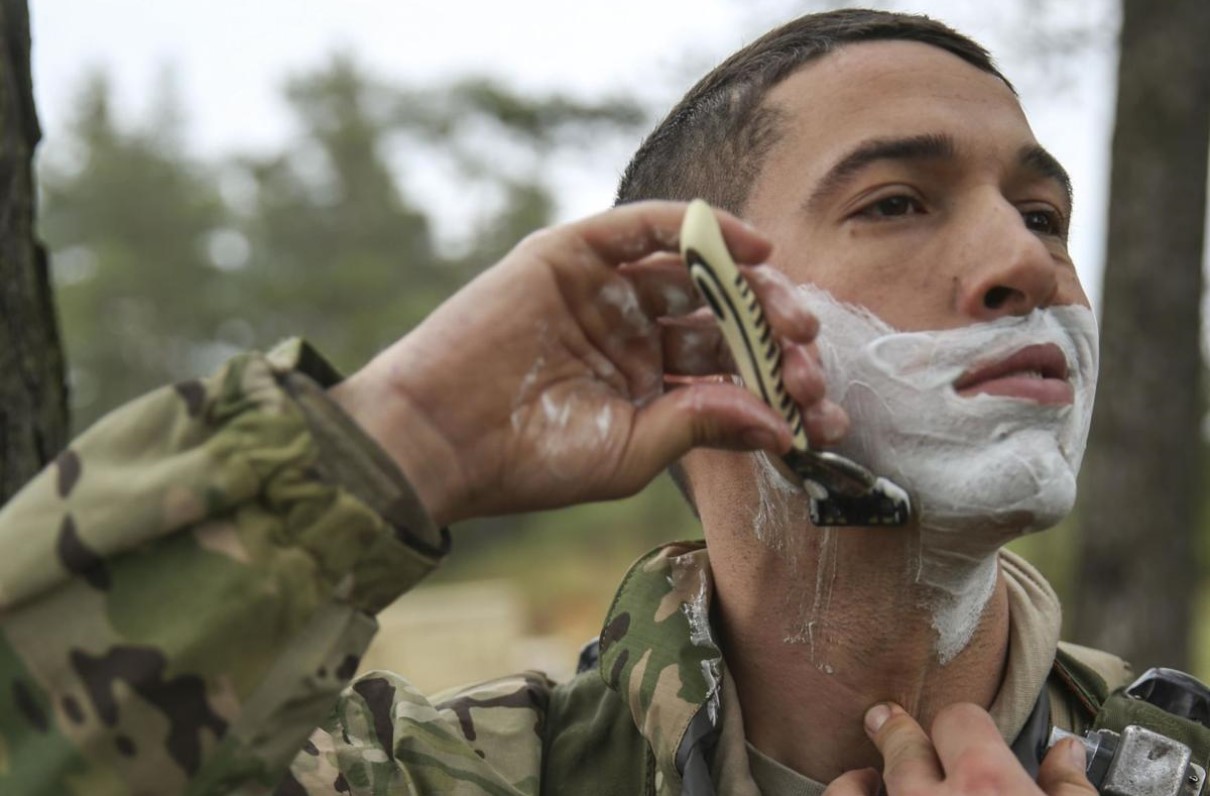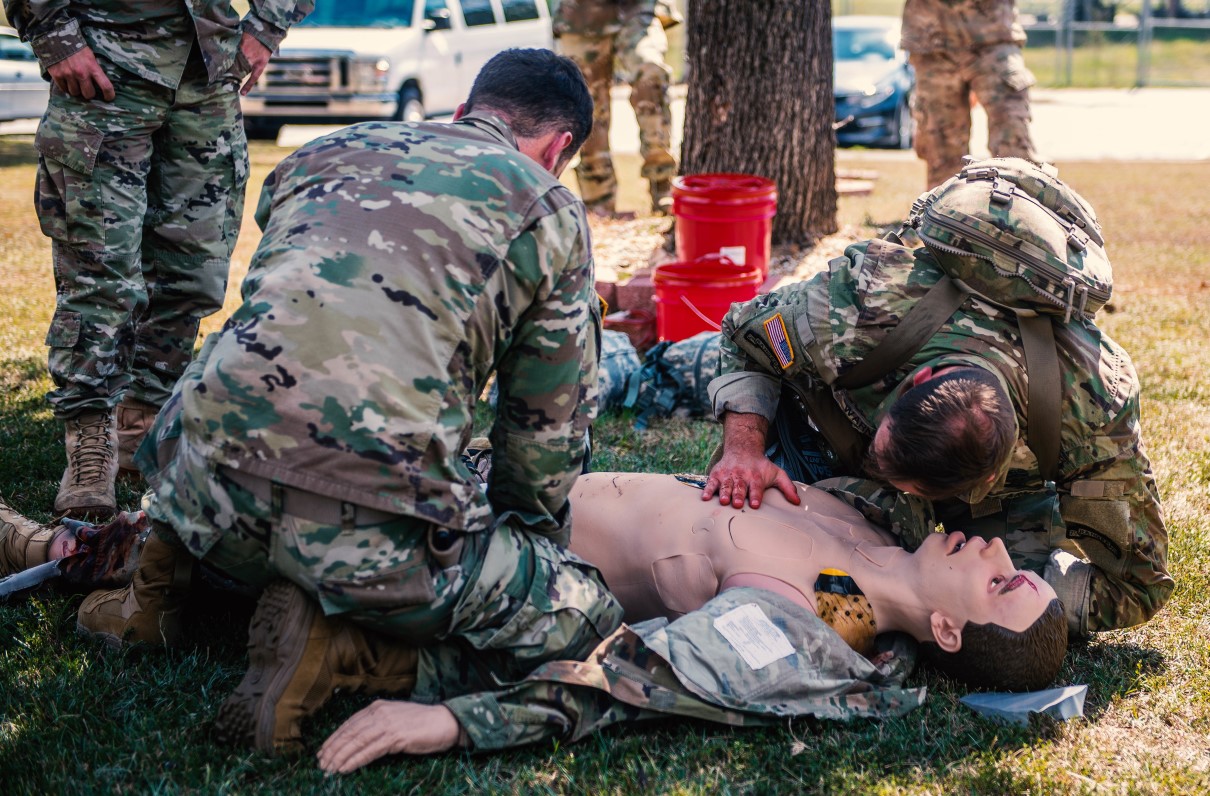This article by Dorothy Mills-Gregg first appeared on Military.com, the premier resource for the military and veteran community.
The Navy ended its permanent shaving waivers in October, but now Tricare is changing its policy to let servicemen receive laser treatments at off-base facilities for razor bumps, according to a policy change.
If certain conditions are met, Tricare will completely cover claims backdated to July 17, 2019, by active-duty personnel who receive laser therapy from a civilian dermatologist to treat Pseudofolliculitis Barbae (PFB), which is a persistent skin irritation caused by shaving. The change comes after two reviews by the Naval Safety Center found that having facial hair impacts the seal on breathing protection worn by sailors.
"The report concluded that facial hair is a personnel safety risk in operational, maintenance and training environments where the wear of breathing protection may be required," a Tricare spokesman said via email.
Tricare will cover laser treatments if PFB symptoms have not responded to "conservative" therapy and the on-base dermatologist recommended by the service member's primary-care physician prescribes laser therapy that is not available on base.
[RELATED AT MILITARY.COM: Navy Ends Permanent Shaving Waivers for Sailors with Razor Bumps]
"It is uncertain how many [military treatment facilities] offer laser therapy used to treat PFB," the spokesman wrote, "but if a service dermatologist recommends laser therapy and the laser is not available at the MTF, the primary care manager will refer the patient to a provider in the Tricare network."
Since ending the permanent shaving waiver, the Navy is issuing temporary waivers that will give sailors time to manage their PFB symptoms. While the skin condition can sometimes be treated with creams, laser therapy, which thins the hair over time and lasts longer, may be needed.
PFB is often found in curly haired men and occurs in about 60% of African-American men, according to the American Osteopathic College of Dermatology.
The change, to be implemented in February, applies to service members who work in an environment where breathing protection may be required. It will not apply to family members or retirees.
Other articles from Military.com:
Space Force Has Its First Launch: An Official Website
Air Force Veteran Sentenced for Fake PTSD, Purple Heart Claims


